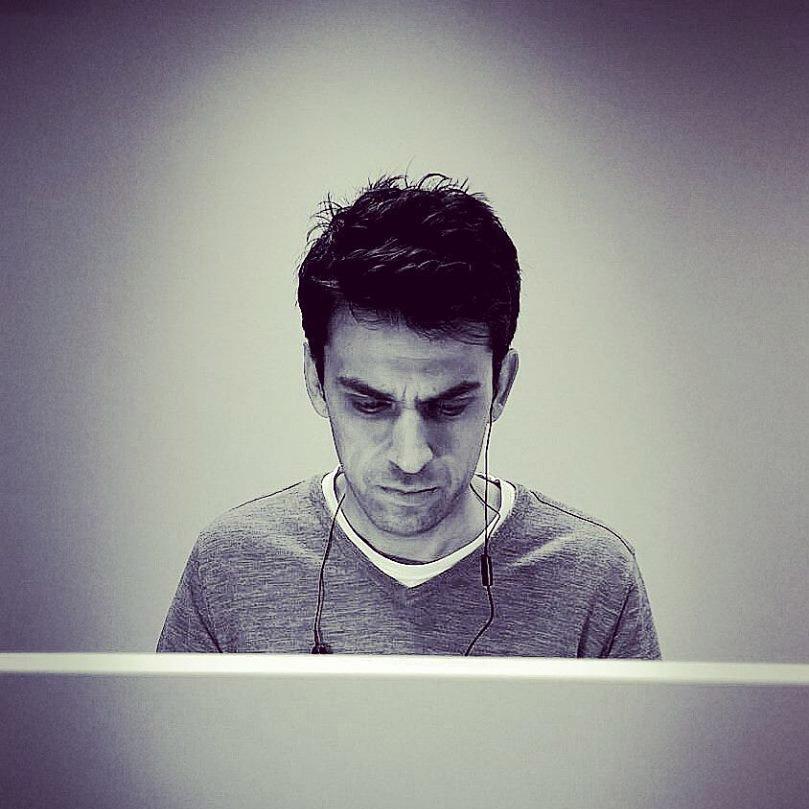Scale up a startup – more than the struggle
Hustle. Fail. Hustle some more. Fail. Borrow money from your favorite aunt. Hustle. Fail. Repeat the process until you’re stuck with a crippling debt and no funding. In case you’re wondering, this is not how to scale up a startup.

Wait, what? But isn’t that what Gary Vee and Co. say you have to do? Focus on “the struggle”. Well, yes, but that doesn’t mean you have to listen to everything any of those entrepreneurship gurus have to say. I mean, don’t get me wrong, grit, determination, dedication and single-mindedness are excellent and enviable qualities to have.
And they are often essential to making a success of your life and/or career. Scale up a startup even! But, and this is a big but, there are a few fundamentals you need to get right before you set off down that road of failing fast and trying again and again.
Looking at how to scale up a startup can certainly be a struggle. Our experiences here at Starttech have often proved this point for us. But then there are the successes which come from meaningful effort, rather than struggle. And therein lies the key. There is so much glamour attached to the grand struggle, and bootlegging your way into oblivion.
But just because you’re not struggling doesn’t mean you’re doing something wrong.
How to scale up a startup vs. “the struggle’s” star appeal
Let’s look at the significance of struggling your way to success and the wrong messages it sends. We live in times where the idea of struggling is actually glorified on a grand scale. We are constantly told that we need to be busting our balls and running ourselves into the ground to make a success of our startup and scale it up.
Indeed, wannabe entrepreneurs and solopreneurs devour this message like cans of Red Bull down at their nearest WeWork. Why? Because it speaks to them. Because most of them are failing. They tell themselves, “well if I’m struggling I must be doing something right. This is how it has to be right now. I just have to plough through. It’s what Gary Vee says.”
Now, I’m all for working hard. I’ve never usually had more than one “job” in my working life. And God knows that reinventing yourself is part and parcel of simply surviving out there these days. Yes, working hard is great, and it pays off. On numerous levels. But, glorified struggling is dangerous. It encourages you not to quit when really you should.
When you start to believe the normal state of affairs is to feel like you’re struggling to make progress, you’re much less inclined to quit. Even if in your heart of hearts you sense it is going nowhere.
You see this phenomenon time and again at startup accelerators and incubators the world over. It’s amazing how many entrepreneurs and fledgling business owners keep working on a startup or businesses idea that is doomed to fail.
Struggling is not always good
Why does this happen? Well, more often than not, it’s because the founder or entrepreneur in question is suffering from that pet project obsession. They love their idea and have put so much of the heart and soul into it they can’t be convinced that it is failing and will continue to fail.
Sometimes you do just get lucky. You have the right product, in the right place at the right time. Columnist Mary Schmich’s famous speech which was immortalized in the song, Everybody’s Free to Wear Suncreen, holds true. “Your choices are half chance. And so are everybody else’s”
But in Silicon Valley, there are two messages being sent. The first obvious one, is “Hey, entrepreneurship is hard, work hard and you can succeed.” Nothing new or wrong with this. I mean, if anything, dedication is the key to succeeding in anything.
The issue is the second layer, the message underneath much of what the likes of GaryVee broadcast: struggling is good, it should fuel your quest.
You should be working long hours. Eighty-hour weeks according to Elon Musk. And you should be failing for at least 10 years, starting a side hustle to fund your other side hustle so you can stay afloat and extend your runway.
And, at all costs, you should not be in any kind of comfort zone because that is sacrilege and the antithesis of what being an entrepreneur is all about. Comfort = mediocrity. Well excuse me but I’m not having that.
I mean these days it’s almost like feeling depressed and suicidal should be the norm for entrepreneurs. Not a good concept considering that nowadays the issue of male suicide rates has skyrocketed, with those aged between 30-60 most vulnerable.
Another way – the business model
So, if the struggle or the hustle – as defined by Silicon Valley – isn’t actually all that glamorous, and is more a road to psychological and financial ruin, what is the alternative?
First off, forget your product. Yes. Actually forget about it for a minute. Your first port of call should be to make sure that your business model is on point. Without a business model, a product is useless. If you have the business model, then you need to know and be 100% sure of one thing. Do the potential customers within that business model actually need or want your product?
If they don’t, you need to pivot and make something they do need and want. If that can’t be done, you should quit it right there and then and move onto something else.
At Starttech we’re often asked the secret to our success with companies such as like AbZorba Games, TalentLMS and Yodeck. And we are always at pains to point out that, pardon the expression, it’s the product development efficiency, dummy! Do check out that post to find out what we mean by that.
Scale up secrets
And our scale up secret? Well, it’s actually not much of a secret [any longer]. It’s a secret of two halves. Firstly, it’s all about razor-sharp focus and fine-tuning the business model. Because as we always also like to say, business model beats product every time. Don’t miss that post where we discuss that in detail. In a nutshell, it’s the story of Talent LMS TalentLMS and that how to scale up a startup is NOT about focusing on your product. Because if you do, the result is that you forget that in order for your creation to get a life of its own, it has to be based on a sustainable business model.
The second half of our secret about how to scale up a startup is something a little beyond the obvious. And it goes like this: ignore conventional wisdom. Yes, you heard right. Don’t get us wrong, there’s nothing wrong with some simple inside-the-box conventional wisdom. But as we have seen, it’s not always the best policy.
Because fundamentally, scalability is the ability of a startup to grow. In other words, a business that is scalable can adapt to a heavier workload without compromising its performance and/or losing revenue.
We see time and again that the fatal mistakes often happen at ground zero. In that some startups get off the ground without the right systems, people, or mindset in place. And in this situation, trying to grow businesses in this way is like trying to drive with the brakes on. Check out the full post on scaling up a startup for details.
And finally…
The answer to the question of how to scale up a startup then becomes simple. And it is not about the hustle and “the struggle”. Yes, these elements will come into play at some point or other. And they make stick around for a while. But it should not be a default setting – as long as you have taken care of business “elsewhere”.
And when you do your business model homework and product development efficiency right, who needs Gary Vee anyway?
